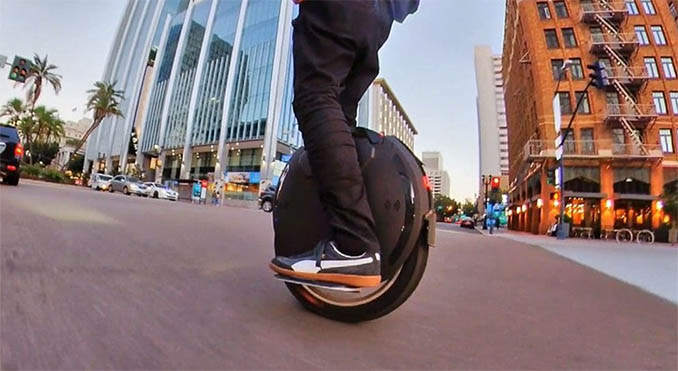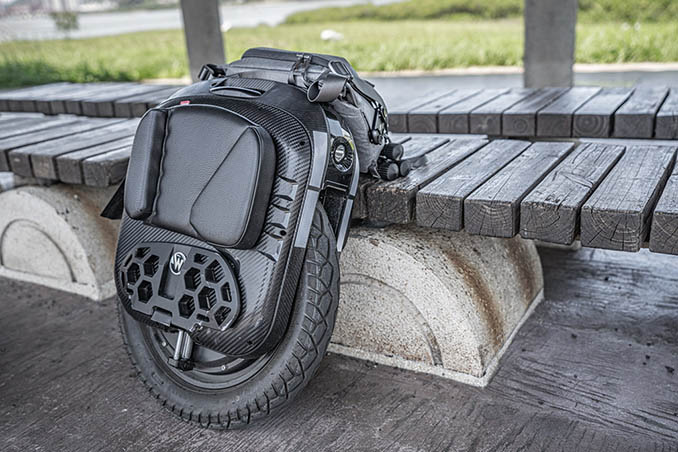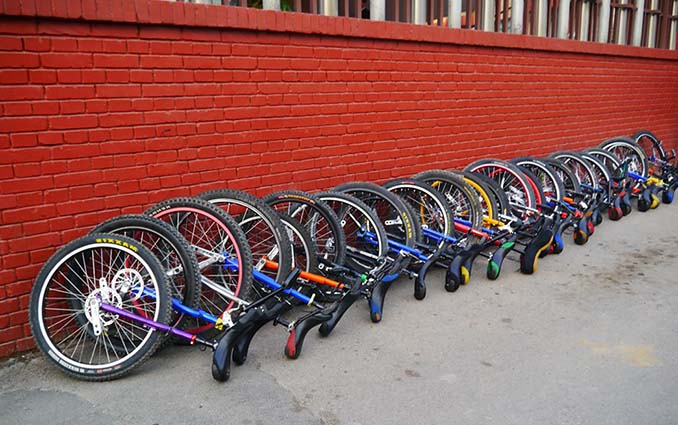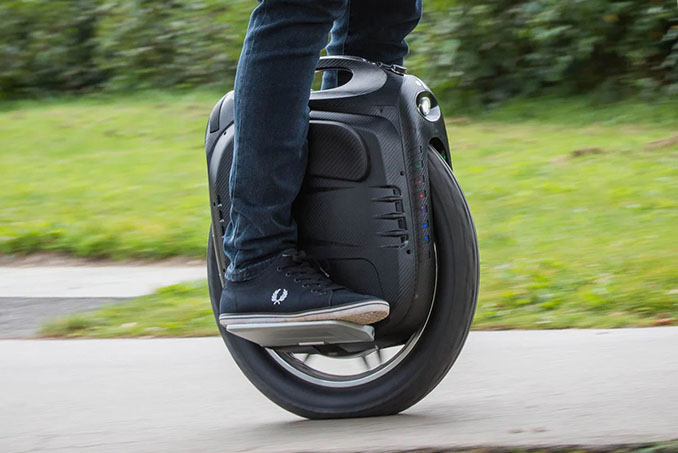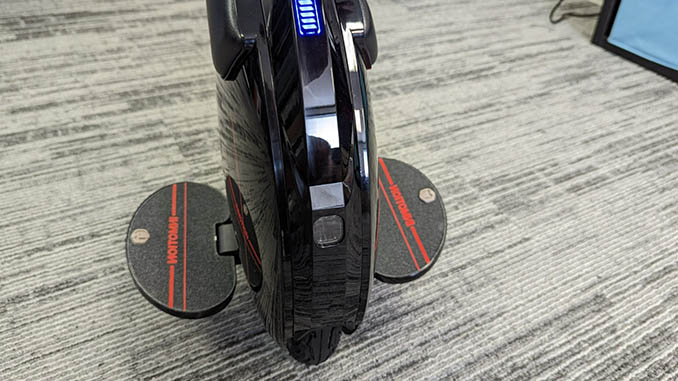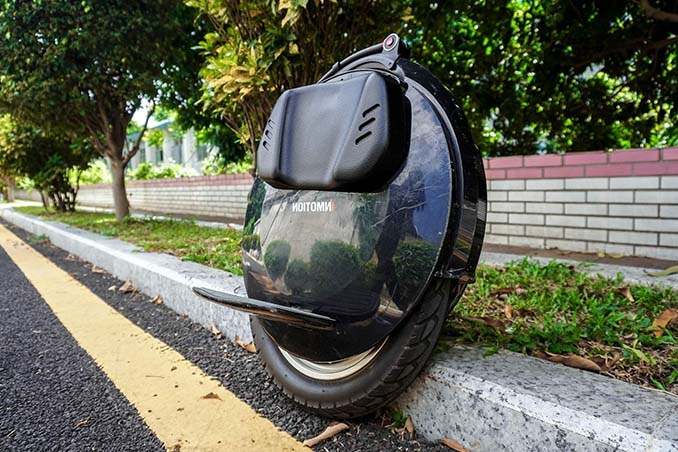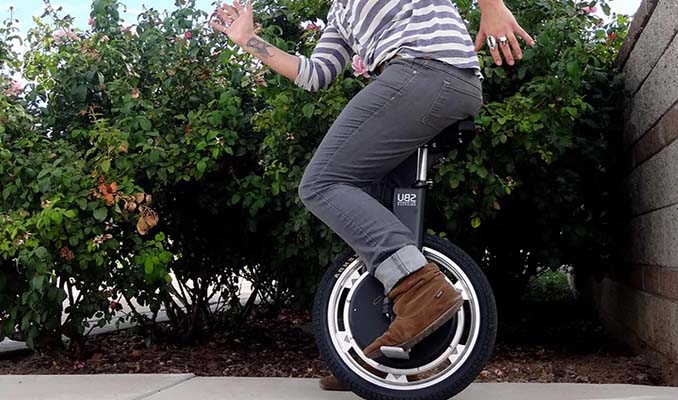As someone who enjoys exploring the outdoors, I was excited when I first heard about electric unicycles and Onewheel.
These innovative electric vehicles offer a unique way to travel that is both fun and efficient. However, when it came time to choose between the two, I found myself struggling to decide which one was the right choice for me.
After doing some research, I realized that there are some key differences between electric unicycles and Onewheel that make each one better suited for different types of riders. In this article, I will compare the two vehicles and help you decide which one is best for you.
1. What are Electric Unicycles and Onewheels?
Electric unicycles and Onewheels are both electric vehicles that are designed for personal transportation. Electric unicycles are single-wheeled devices that are powered by an electric motor.
They are controlled by shifting your weight forward and backward and can reach speeds of up to 30 miles per hour. Onewheels are similar to electric unicycles, but they have a larger wheel and a longer board.
They are also controlled by shifting your weight, but they have a more stable base that makes them easier to ride.
Related:
2. Key differences between Electric Unicycles and Onewheel
One of the biggest differences between electric unicycles and Onewheel is the size of the wheel.
Electric unicycles typically have smaller wheels than Onewheel, which makes them more nimble and easier to maneuver.
Onewheel, on the other hand, have larger wheels that make them more stable and easier to ride over rough terrain. Another key difference is the learning curve.
Electric unicycles are generally more difficult to learn how to ride than Onewheel, which can be more intuitive for beginners.

EUCs require a lot of skill to ride
Advantages and Disadvantages of Electric Unicycle
Electric unicycles are a relatively new mode of transportation. They are compact, lightweight, and easy to maneuver.
One of the biggest advantages of electric unicycles is their portability. They are easy to carry around, making them perfect for commuters who need to hop on and off public transportation.
Additionally, electric unicycles are very agile, allowing riders to navigate through tight spaces with ease.
However, electric unicycles do have some disadvantages. First and foremost, they require a lot of skill to ride. Balancing on one wheel requires practice and patience.
Additionally, electric unicycles are not suitable for all types of terrain. They struggle on uneven surfaces and are not recommended for off-road use.
Advantages and Disadvantages of Onewheel
Onewheel, on the other hand, is a more recent invention, but it has quickly gained popularity among adventure seekers.
Onewheel is a self-balancing board that has one wheel in the center. It can handle a wider range of terrain than electric unicycles, including dirt and gravel roads.
Additionally, Onewheel has a more intuitive riding experience, making it more accessible to beginners.
However, Onewheel is not without its drawbacks. For one, it’s much larger and heavier than electric unicycles, making it less portable.
Onewheel’s large wheel also makes it harder to maneuver in tight spaces. Additionally, Onewheel has a higher price point, making it a less accessible option for budget-conscious riders.
Comparison of Electric Unicycles and Onewheel
Electric unicycles and Onewheels are two popular personal transportation devices that are often compared for their speed, range, maneuverability, price, and overall performance. In this article, we will explore the similarities and differences between electric unicycles and Onewheel, and help you decide which one is right for your needs.
Speed
When it comes to speed, both electric unicycles and Onewheel can reach impressive speeds. However, electric unicycles tend to be faster than Onewheel, with some models reaching speeds of up to 30 mph. Onewheel, on the other hand, has a top speed of around 20 mph.
Range
Electric unicycles and Onewheel both have impressive ranges, but electric unicycles tend to have a longer range. Some models can travel up to 50 miles on a single charge, while Onewheel has a range of around 12-18 miles.
Maneuverability
When it comes to maneuverability, electric unicycles are the clear winner. They are much more agile and can navigate tight spaces with ease. Onewheel, on the other hand, is much larger and harder to maneuver in tight spaces.
Stability
Both electric unicycles and Onewheel are stable rides, but electric unicycles require more skill to ride. While Onewheel has a more intuitive riding experience, electric unicycles have a steeper learning curve.
Price
Finally, price is an important factor when choosing between electric unicycles and Onewheel. Electric unicycles are generally more affordable, with prices ranging from $300-$2000. Onewheel, on the other hand, has a higher price point, with prices ranging from $1000-$2000.

Price is an important factor when choosing
3. Which one is the right choice for you?
When choosing between electric unicycles and Onewheel, there are several factors to consider.
Skill Level
The first is your skill level. If you are an experienced rider or have excellent balance, you may find electric unicycles to be a more exciting and challenging option. However, if you are a beginner or have never ridden anything like this before, Onewheel may be a better choice.
The terrain
Another factor to consider is the terrain you will be riding on. If you will be sticking to smooth pavement, electric unicycles are a great option.
However, if you plan on riding on dirt trails or other uneven surfaces, Onewheel may be a better choice. Additionally, electric unicycles are not recommended for off-road use, so keep that in mind if you plan on exploring more rugged terrain.
Purpose
Your intended use is also an essential factor to consider. If you plan on using your electric unicycle or Onewheel for commuting, portability may be a crucial factor.
In this case, electric unicycles are the clear winner, as they are much easier to carry around.
However, if you plan on using your electric unicycle or Onewheel for adventure sports or off-road exploration, Onewheel may be the better choice.
Budget
Finally, budget is an important consideration. Electric unicycles are generally more affordable than Onewheel, making them a great option for budget-conscious riders.
However, if you are willing to invest in a more advanced and versatile ride, Onewheel may be the better choice.
4. Riding experience and learning curve
When it comes to the riding experience, electric unicycles, and Onewheels offer different benefits. Electric unicycles are more nimble and can turn on a dime, which makes them a great choice for urban environments.
Onewheel, on the other hand, are more stable and can handle rough terrain better than electric unicycles.
As for the learning curve, electric unicycles are generally more difficult to learn how to ride than Onewheel. They require a lot of balance and coordination, which can be challenging for beginners.
Onewheel, on the other hand, is more intuitive and can be easier for beginners to get the hang of.
5. Safety considerations
Safety is always a concern when it comes to personal transportation, and electric unicycles and Onewheels are no exception.
Both vehicles require you to wear protective gear, such as a helmet and pads, to prevent injuries in case of a fall.
Additionally, you should always follow traffic laws and be aware of your surroundings when riding either type of vehicle.
It is also important to note that electric unicycles can be more dangerous than Onewheel due to their smaller wheels and more difficult learning curve.
6. Maintenance and repair costs
Like any vehicle, electric unicycles and Onewheel require maintenance and repairs from time to time. The cost of maintenance and repairs can vary depending on the brand and model of the vehicle.
Generally speaking, electric unicycles are less expensive to maintain and repair than Onewheel due to their simpler design. However, if you opt for a high-end electric unicycle, the cost of maintenance and repairs can be higher than a mid-range Onewheel.
7. User reviews and opinions
When trying to decide between electric unicycles and Onewheels, it can be helpful to read user reviews and opinions. Many people who have tried both vehicles report that they are both fun and efficient modes of transportation.
However, some users report that electric unicycles are more difficult to learn how to ride than Onewheels, while others find that Onewheels are more stable and easier to ride over rough terrain.
Conclusion and final thoughts
In conclusion, electric unicycles and Onewheels are both innovative and fun modes of transportation that offer a unique way to explore the outdoors.
When trying to decide between the two, it is important to consider the key differences in size, learning curve, riding experience, safety, maintenance and repair costs, and price.
By doing your research and considering your personal preferences and needs, you can make an informed decision about which vehicle is the right choice for you.






